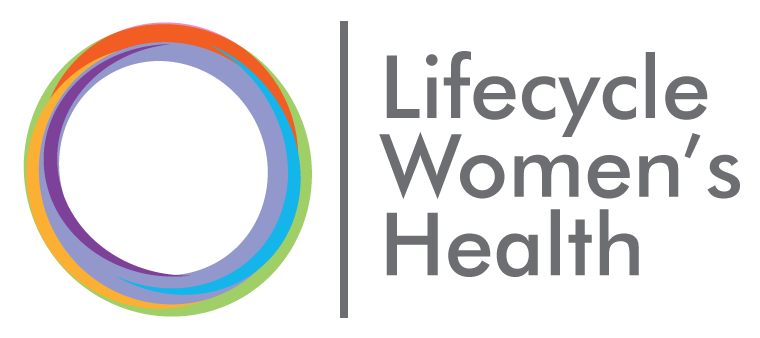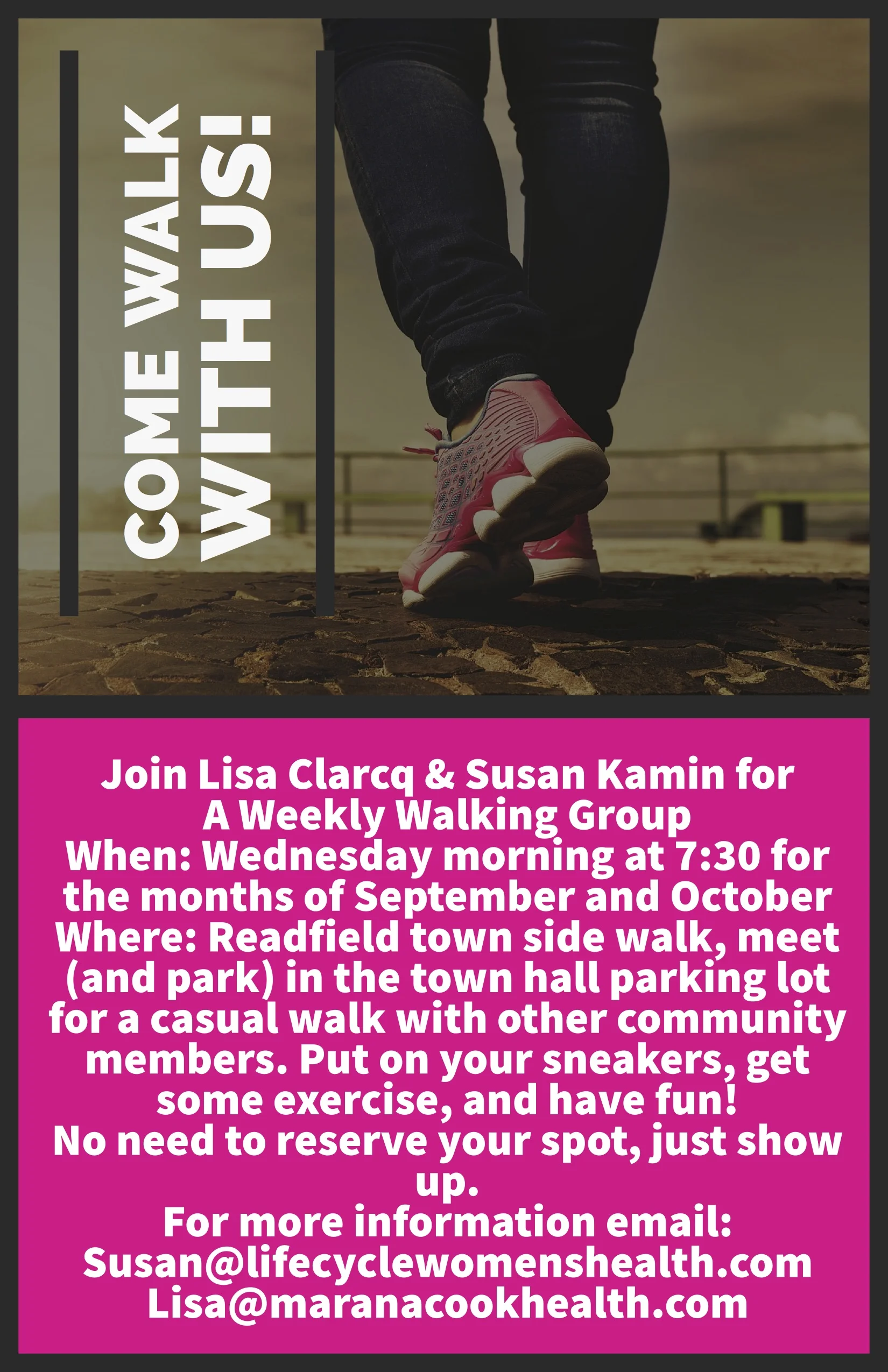Copy of Urinary Incontinence: is it happening to you too? Well you’re not alone.
Urinary Incontinence: is it happening to you too?
Well you’re not alone
Leaking urine. A clandestine problem that feels humiliating, embarrassing and so uncomfortable, yet a pervasive reality for many of us. And until recently, a topic that did not generate too much conversation or warning.
Studies show that 25% of young women, as many as 57% of middle aged and post-menopausal women, and at least 75% of older women in nursing homes experience urinary incontinence. So common, yet considered taboo.
I have noticed a shift in the awareness of this problem over the past decade. The need for pelvic floor rehabilitation is starting to get some recognition. However, not enough. It is a service that is not well integrated into routine health care here in the United States, as it should be and is in France where all post-partum women are routinely prescribed pelvic floor rehab.
Realizing the ubiquity of urinary issues and the distress it causes in people’s lives, I have made a commitment to prioritize integrating pelvic health into my practice. A healthy pelvic floor and core not only leads to fewer urinary issues but better sexual health and improved wellness in general. I received advance training at the Herman and Wallace Pelvic Rehab Institute where I was one of two advanced practice nurses among numerous physical therapists. It was an eye opening experience. After performing pelvic exams for 32 years, I can now say that I am finally doing it right. There is so much more involved than just organs and tissue, people have muscles, ligaments, and nerves that need attention as well!
Besides adding these skills to my repertoire, I have made connections with some marvelous pelvic floor physical therapists and occupational therapists both here in Maine, as well as across the nation. It takes a village, my favorite motto, and often people can benefit from a multidisciplinary approach. There are some wonderfully skilled clinicians out there, we need to spread the word!
The important thing to know is you do not need to live with urinary leaking and incontinence. There is help. Often people are told to just do Kegel’s after childbirth, and all will be fine, without explaining the correct technique or why they work. So people feel exasperated, they feel they have done everything. But there is more to life than Kegel’s. Here are a few tips to get you on your way:
Maintain a healthy fluid intake: best estimate is to drink ½ of your body weight in ounces of fluid a day and 2/3 of the fluid should be water. It is best to sip fluid throughout the day rather than drink large quantities at a time.
Avoid alcohol, citrusy foods, and carbonated beverages as they can also irritate your bladder
Try not to implement “just in case” peeing, only go when you really have to
Avoid constipation
Strengthen your core with certain exercises and yoga postures such as bird-dog, supported bridge, child’s posture, triangle, and there are more
And of course, do Kegel’s, but learn the correct way with the help of a trained health care provider
If you suffer from urinary leaking and incontinence, please know you are not alone. You have nothing to be ashamed of. But at the same time, it does not need to be your new normal. If you have any questions about this or anything else, please give me a call at Lifecycle Women’s Health. I would love to hear your story and help you on your path towards a better quality of life.
Susan Kamin is a certified nurse midwife and a sexuality health counselor. After many years of helping people give birth and be born, she is now providing personalized integrative well women care at Lifecycle Women's Health in Readfield, ME. She sees people across the lifespan for well body care including annual exams and preventive screenings, as well as issues involving sexual health concerns, family planning, pelvic health, and mid-life/menopausal care. She enjoys sharing her wisdom in the hopes of helping people find pleasure, knowledge, and empowerment in their bodies as they go through all life's transitions.







